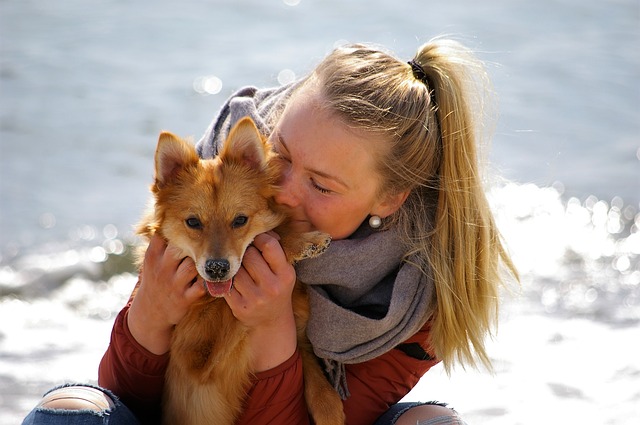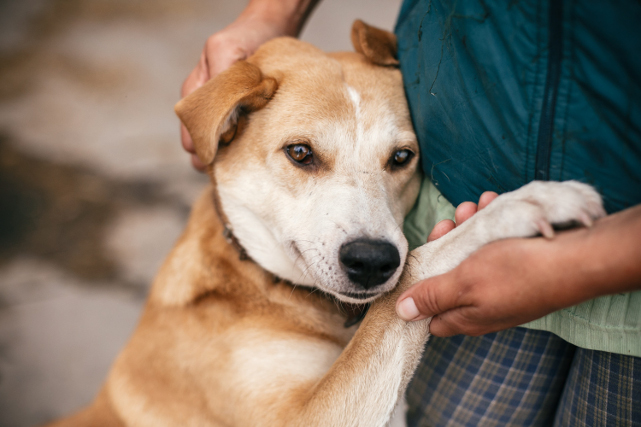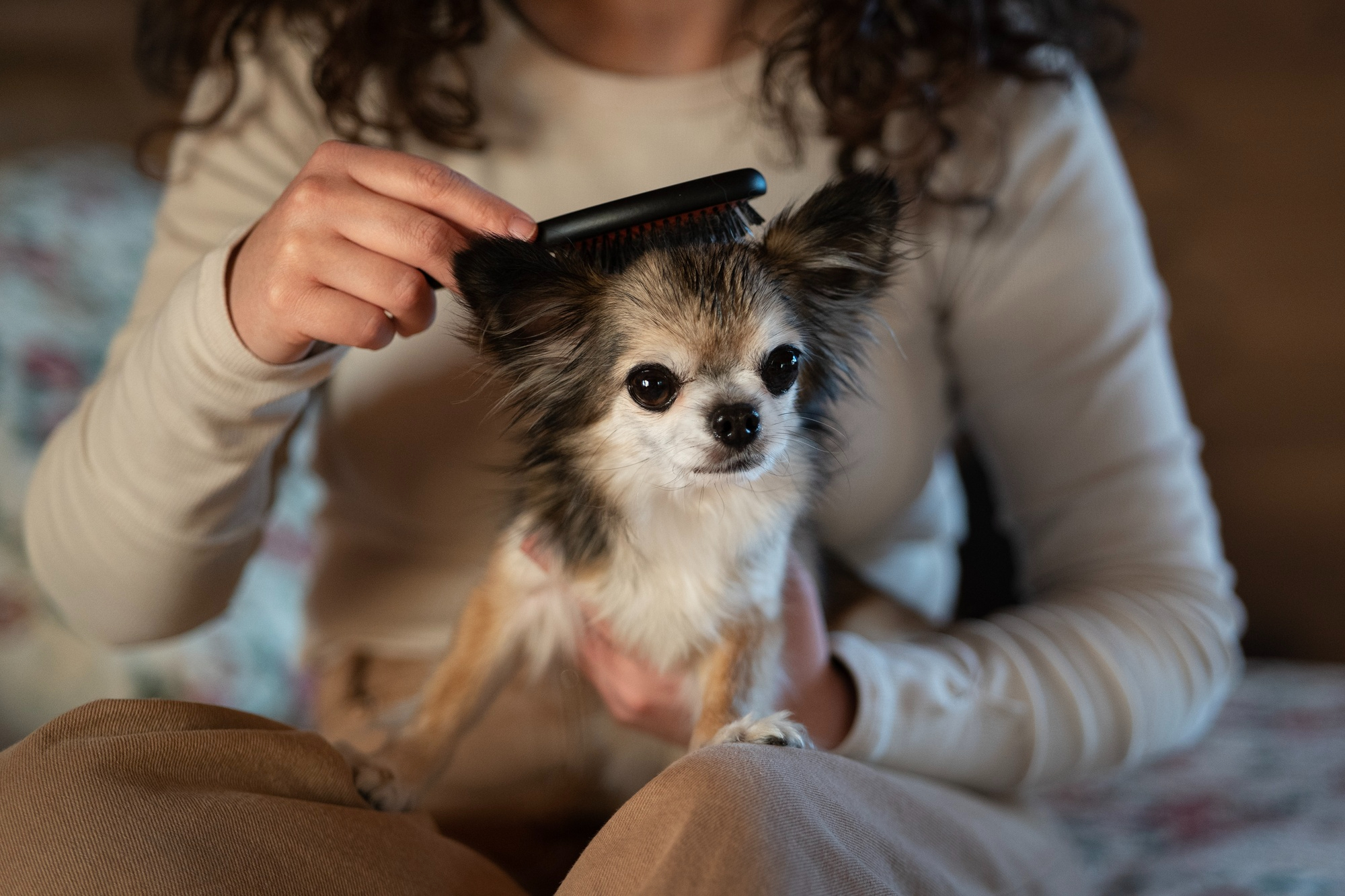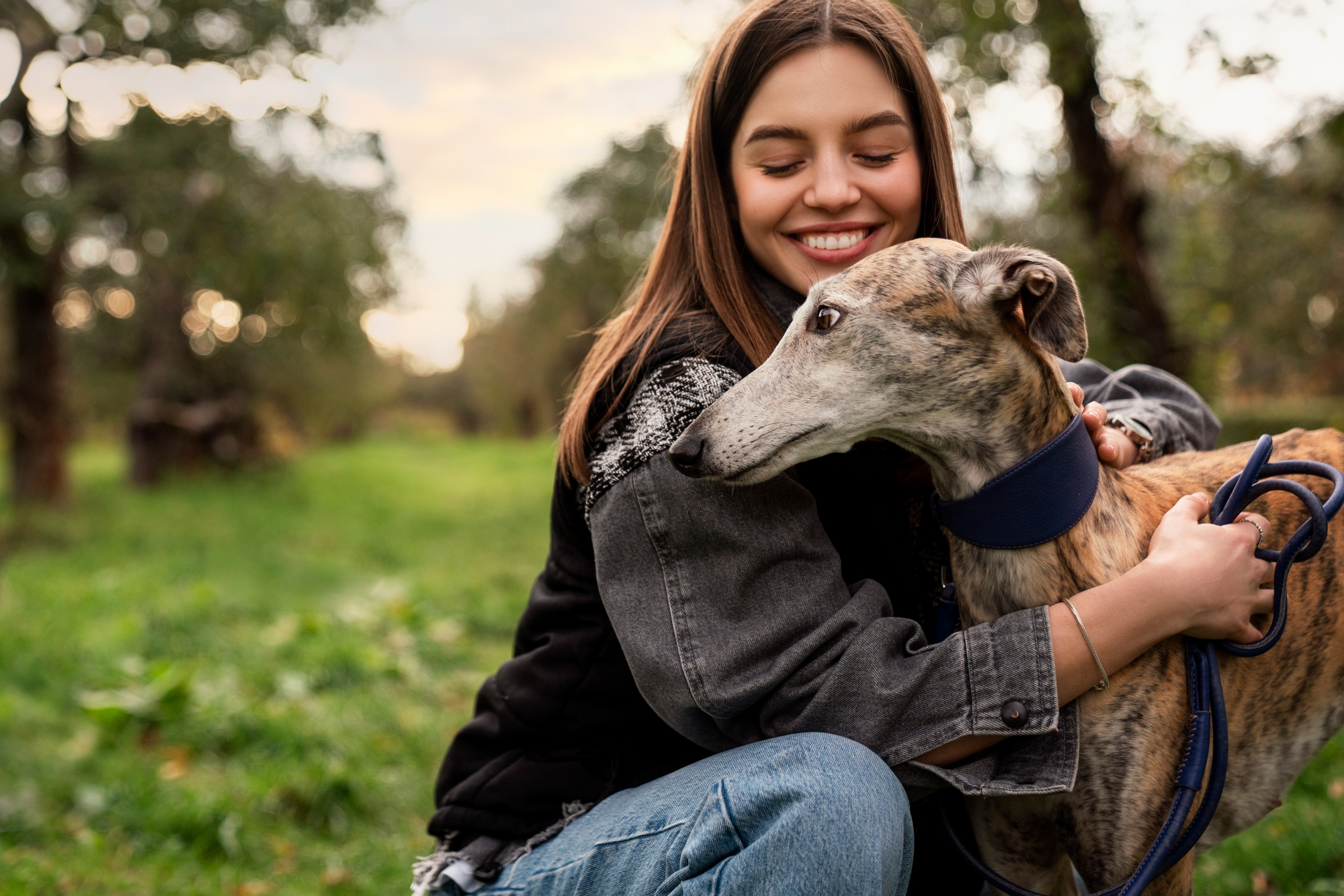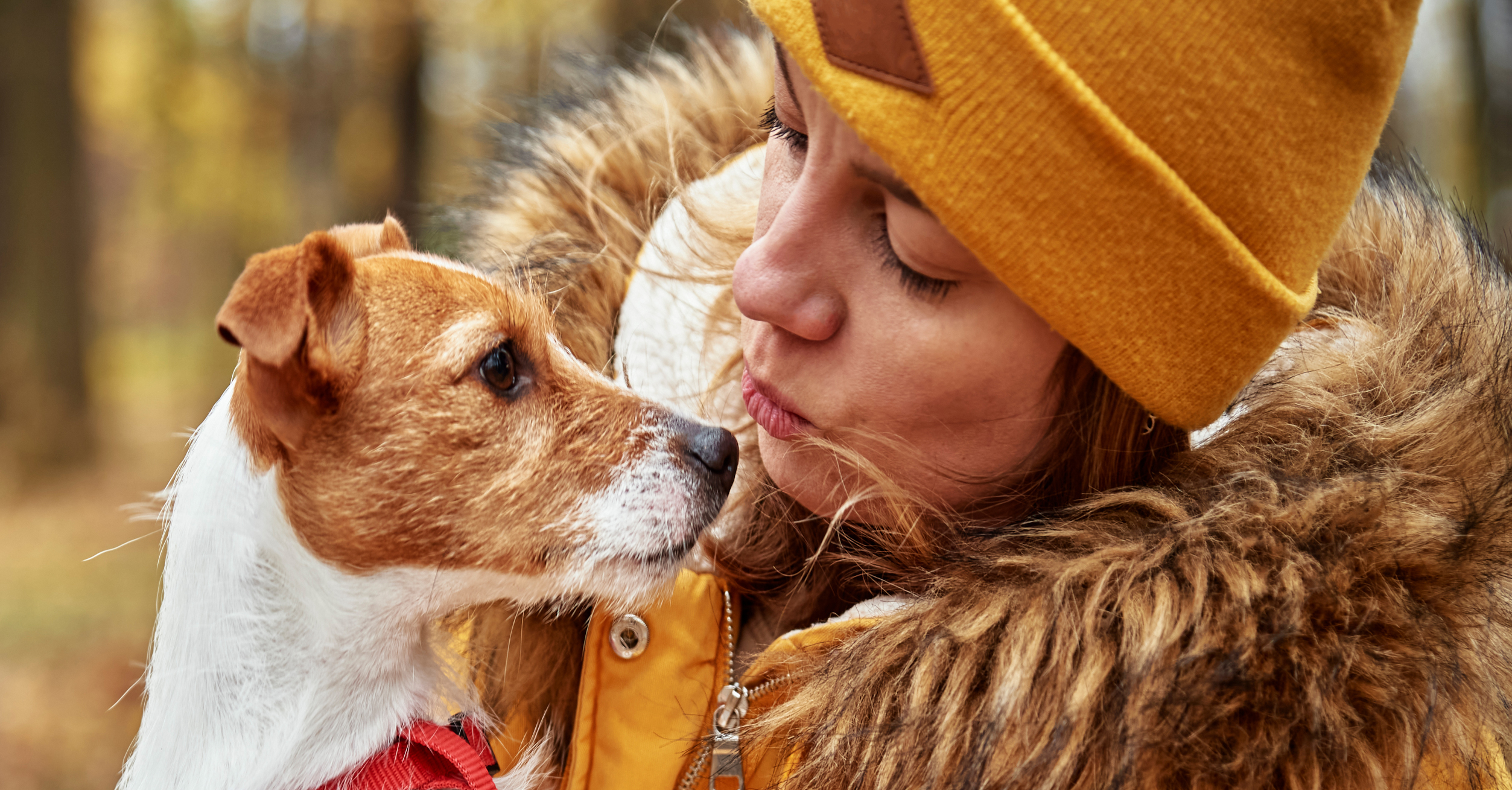Dogs love having companionship even more so than some humans probably do! In the wild, the canine families hunt in packs and have a hierarchy system. The same is true for companion dogs, even though their social behavior may not be as well studied as in the case of some of the more wild animals.
The dog’s cousin, the wild wolf, stays together in family groups and they are also very social animals. They hunt large prey, because of their strong pack mentality, which also gives them the best chance of survival. This strategy requires that individuals within the group maintain peaceful social bonds with one another. This relies largely on non-confrontational communication and a high level of social self-awareness, with individual wolves having to coordinate, cooperate, and compromise with one another in order to stay alive and well.
While survival for the pet dog is not as tricky or fickle as it would be for a wild wolf, man’s best friend is likely hard-wired for the same level of social interaction and respect for their companions. It likely helps dogs remain social animals because they tend to live with another very social species the “dog-owner”. Socialization with other dogs as well as humans is a very strong factor in how healthy and sociable a puppy will be in the future. Going to puppy classes and interacting at the park with dogs having different personalities helps puppies learn to adapt to and be respectful of the personal space of others. Leash training helps them bond with their family while also allowing them to learn to respect the personal space of other humans. In my opinion, every dog should be socialized with humans and other pets alike.
As a dog ages, it is helpful for the individual to go for walks and playtime as this would help keep the brain fresh and the joints active. Next time your dog brings you the leash or signals intent to go for a walk, it doesn’t only signify potty time! It is him (or her) telling you that it is time to freshen up the mind and body alike while spending some quality time together.
By – Dr. Bajwa,
Hastings Veterinary Hospital, Burnaby.

